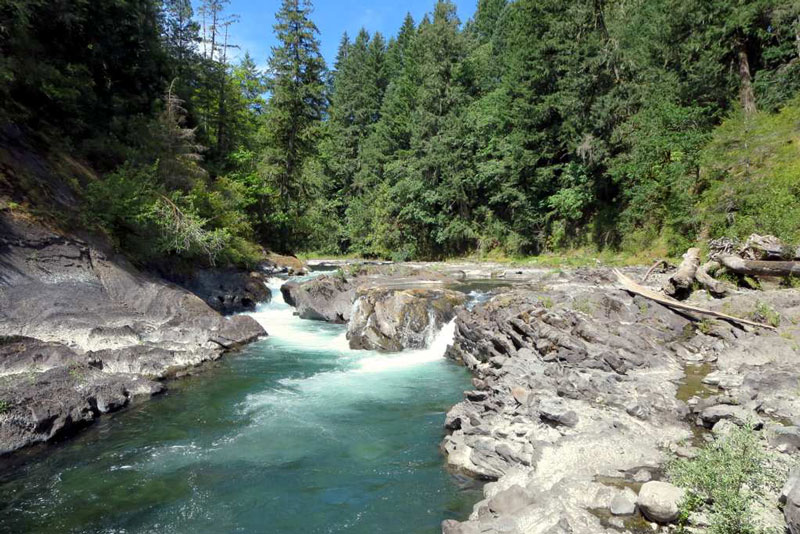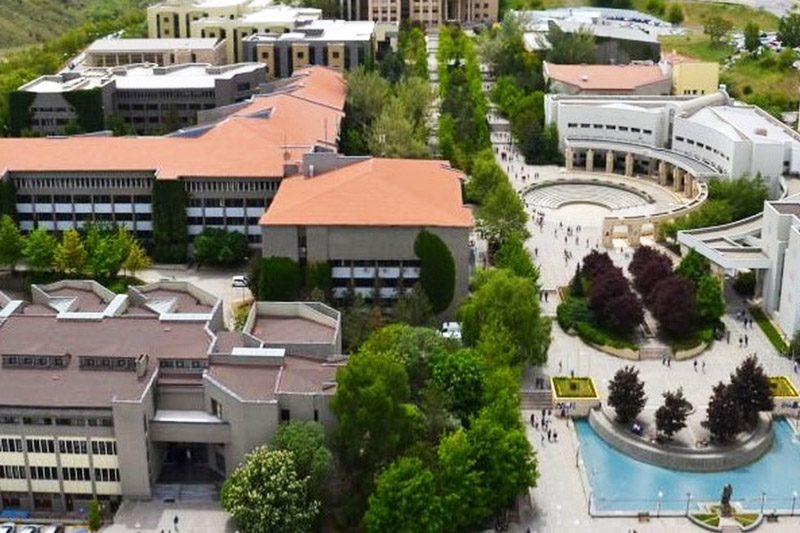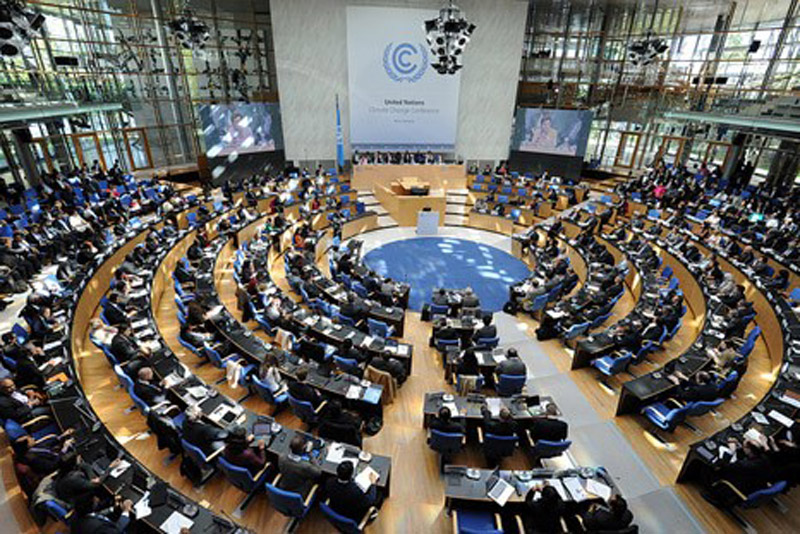Applications

Photo: David Stanley CC BY 3.0
Cowichan Valley Water Dispute
The Ideological Conflict Project (ICP) partnered with a conflict mediator in the Cowichan Valley, British Columbia, Canada to employ CAMs in virtual group and private sessions with community participants. Participants used Valence to create CAMs of their personal beliefs around water and water use in the Cowichan Valley, and then their perceived beliefs of their "opponents" i.e., those who may hold different beliefs. This project is ongoing, and it is the hope that increased understanding and new insights can be created between parties in conflict, thus reducing animosity and misunderstanding at both the individual and community level.
Research team: Thomas Homer-Dixon, Steven Mock, Evan Hoffman, Hanna Ross

Bilkent University, Ankara, Turkey
The Ideological Conflict Project (ICP) teamed up with a political psychologist in Ankara, Turkey and developed a workshop protocol that had students discuss a specific issue in groups. They were first asked to create a CAM of their own views on the issue and then a CAM of an “opposing” view of the issue. The project goal was to simulate a conflict resolution exercise where the students could see how misunderstanding and misinterpretation plays a role in perpetuating a conflict, and to reveal that there is often significant common ground or common values that would allow people to come together to solve an issue.
Research team: Steven Mock, Jinelle Piereder, Esra Çuhadar

Photo: UN Climate Change CC SA NC BY 3.0
UNFCC Negotiations
Manjana Milkoreit, PhD used CAMs to identify distinct belief systems regarding international cooperation on climate change among participants in the UNFCCC negotiations in order to assess to what extent mental content and structures influence the search for cooperative solutions. In the course of the project, roughly 50 CAMs were generated based on semistructured interviews with various participants in the climate negotiations (diplomats, NGO and business representatives). Each CAM visualized one study participant’s existing beliefs and mental structures regarding international cooperation and climate change.
